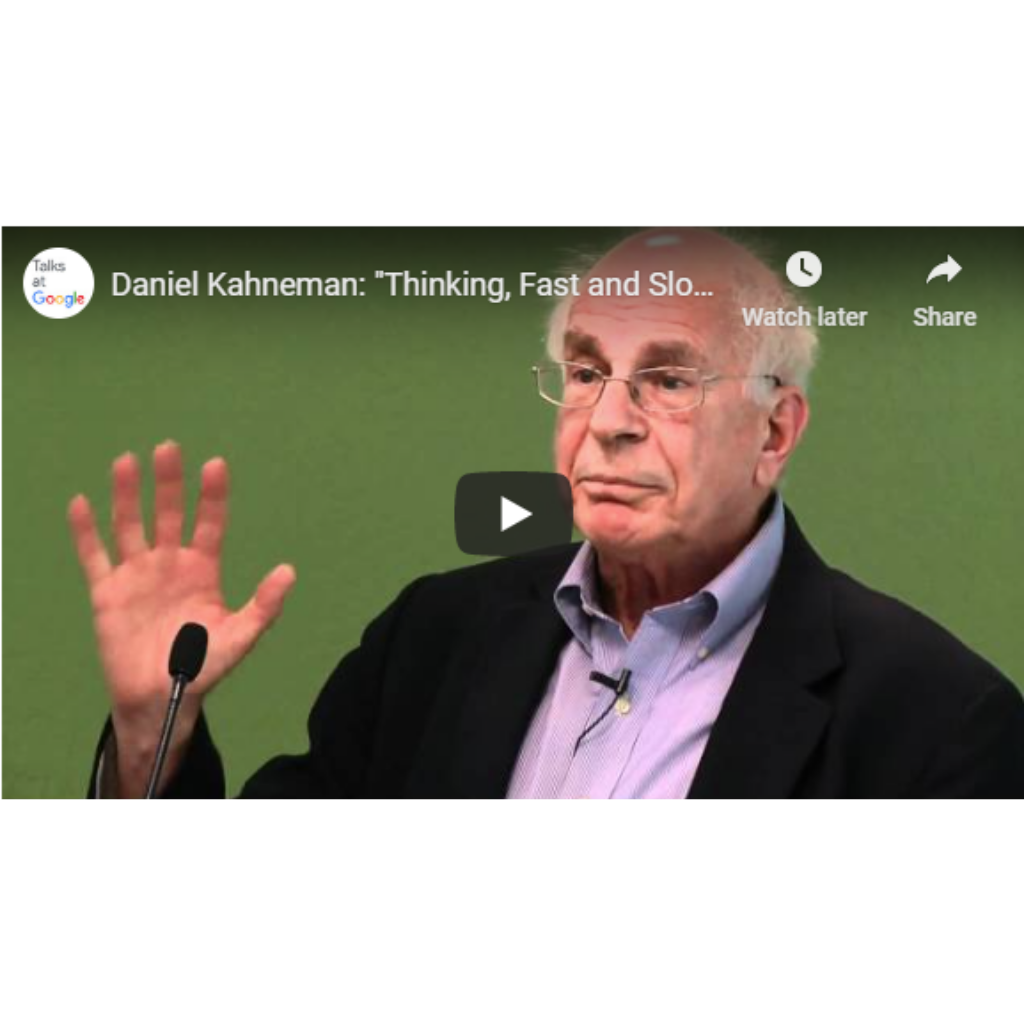“Why are you unhappy? Because 99.9 percent of everything you think, and of everything you do, is for yourself — and there isn’t one.” – Wei Wu Wei
- Western philosophy typically conceptualizes the self as a stable, controlling entity, comparable to a pilot, while Eastern philosophies such as Buddhism argue that the self is an illusion, a byproduct of our thought processes.
- Modern neuroscience provides evidence that aligns with the Eastern view, revealing that the left hemisphere of the brain constantly creates narratives to interpret reality, leading to a mistaken identification with these self-narratives.
- This false sense of self, which is often equated with the incessant internal dialogue, contributes significantly to human mental suffering.

Eastern philosophy says there is no “self.” Science agrees
“Why are you unhappy? Because 99.9 percent of everything you think, and of everything you do, is for yourself — and there isn’t one.”







